homestead
Herbs and their Uses: The Best Herbal Remedies for Winter
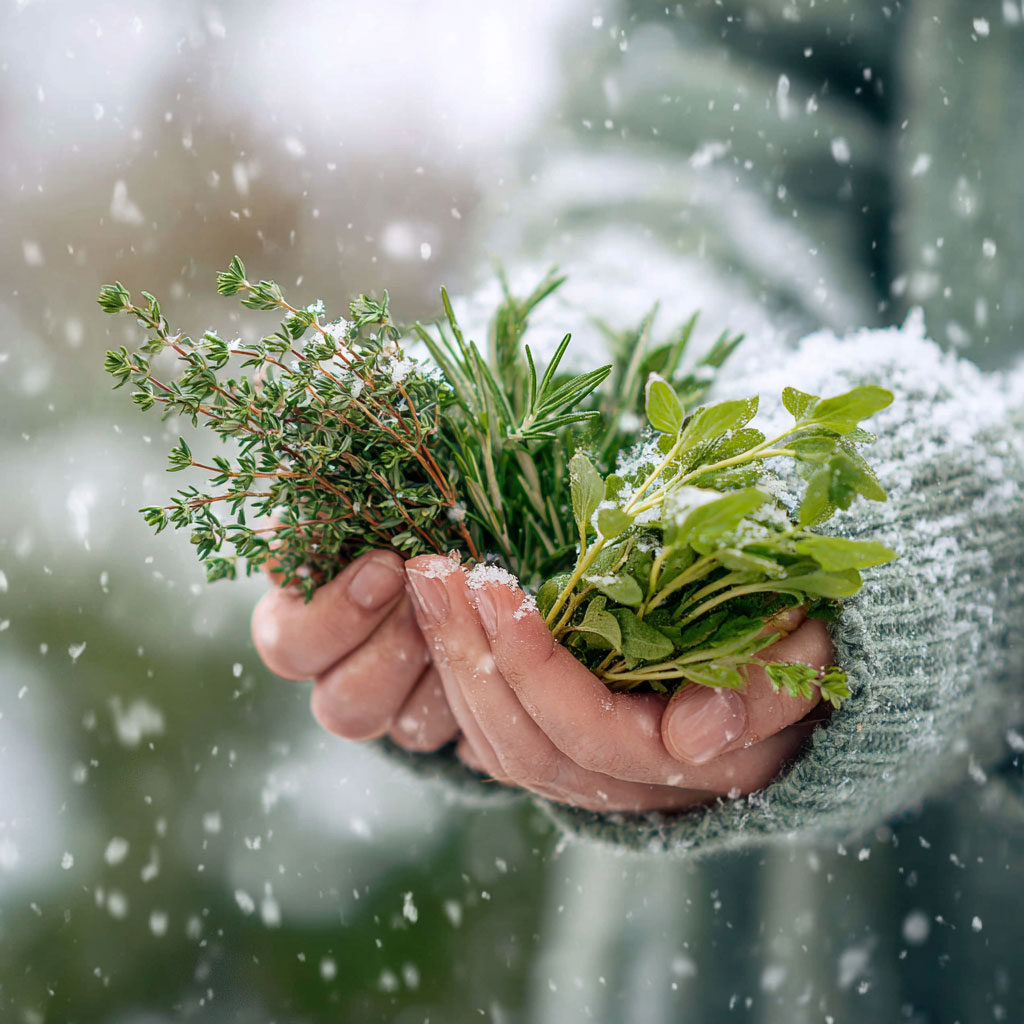
Depending on where you call home, the feeling of fall and maybe even winter is definitely in the air. Being in tune with the seasonal changes is a huge part of not only gardening and understanding when to harvest crop, but also when and how to prepare your apothecary cabinet with herbal remedies to help get you through the winter months. Cold and flu season are quickly approaching and it is more essential than ever to stock up your home apothecary with herbs that will help support you and your family.
In this article I will share different herbs and their uses, including my favorite herbal remedies to have on hand during these colder months. I’ll be providing:
- 15 different medicinal herbs and their uses
- Herbs for colds and coughs
- The best winter herbal recipes
- Herbal winter tea to have on hand for cold and flu season
winter herbs
15 Different Medicinal Herbs and Their Uses
Here is a comprehensive list of staple herbs for health and ensure your apothecary cabinet is stocked before winter season hits. Keep in mind this is a large list, but you can adjust the herbs you grow based on which herbal remedies work best for your family.
*Always research each herb you choose for personal safety concerns before using them.
Looking to add some of these medicinal herbs to your garden? This herb variety pack has you covered and includes 15 of the most popular medicinal varieties.
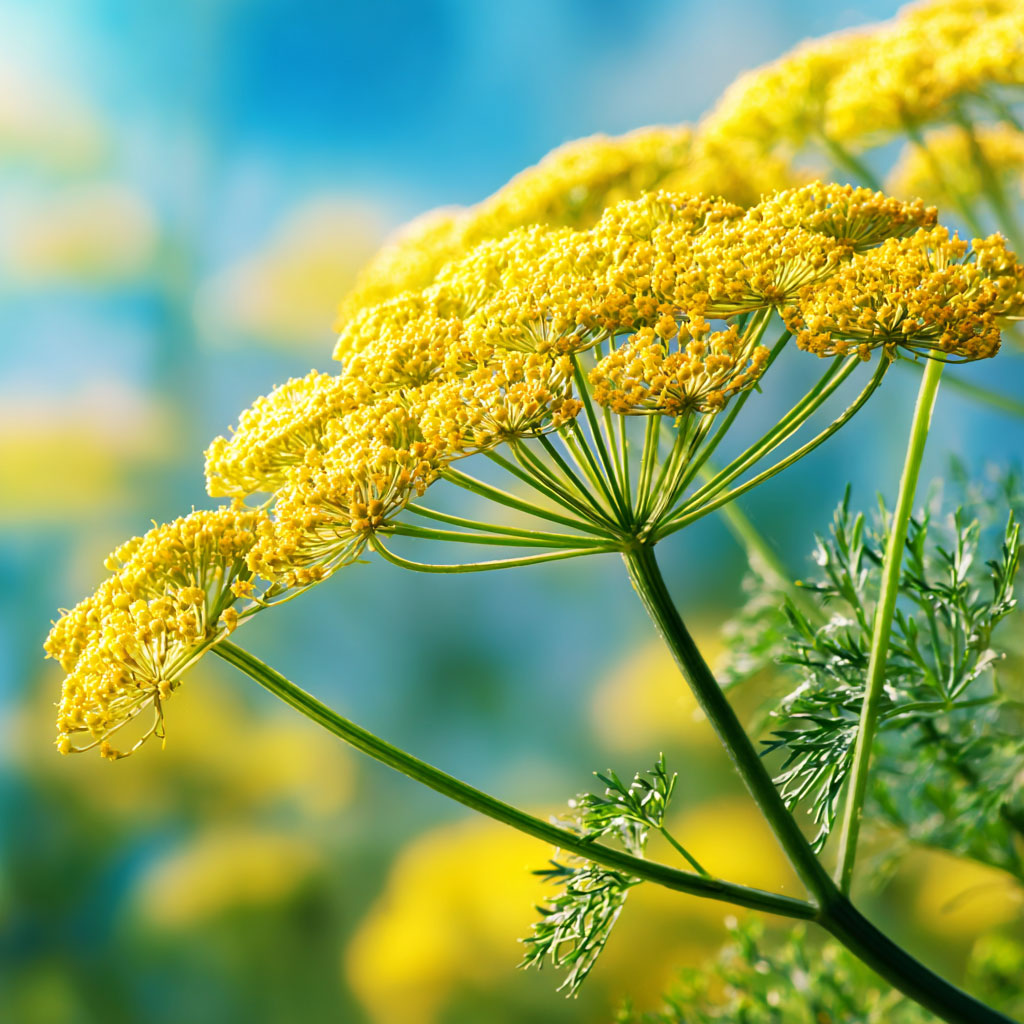
medicinal herb #1
anise
approx. 100 seeds
Anise seeds have been treasured since ancient times for their soothing effects on the digestive system and their sweet, licorice-like flavor. This herb is known to calm bloating, indigestion, and nausea, making it a go-to after heavy winter meals. It also acts as a natural expectorant—loosening mucus and easing coughs from seasonal colds. Brew crushed anise seeds into a warm tea with honey for gentle respiratory relief or grind them into a syrup to calm sore throats.

medicinal herb #2
basil
approx. 120 seeds
Beyond its culinary fame, basil offers powerful medicinal benefits. It’s naturally antibacterial and rich in antioxidants, helping your immune system fight off winter colds. Basil tea can reduce stress, promote clarity, and ease mild headaches. Add fresh or dried basil leaves to boiling water for a comforting herbal infusion, or use basil-infused oil as a soothing rub for sore muscles and tension.
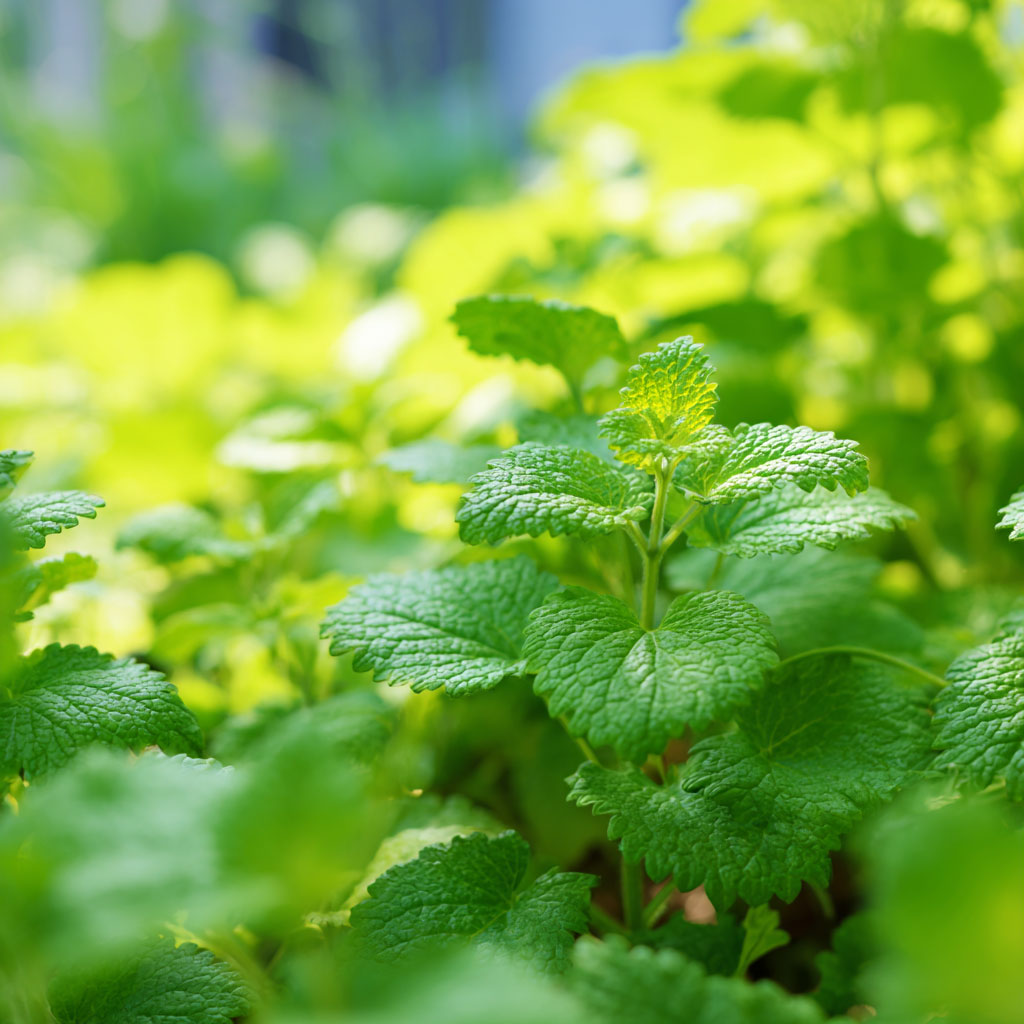
medicinal herb #3
lemon balm
approx. 80 seeds
Lemon balm (Melissa officinalis) is a calming herb perfect for winter’s stress and sleepless nights. Traditionally used to lift mood and settle anxiety, it’s also antiviral—helping the body recover from cold sores, flu, and other seasonal viruses. Enjoy lemon balm tea before bed to promote restful sleep, or combine it with honey to make a gentle, uplifting syrup for children and adults alike.
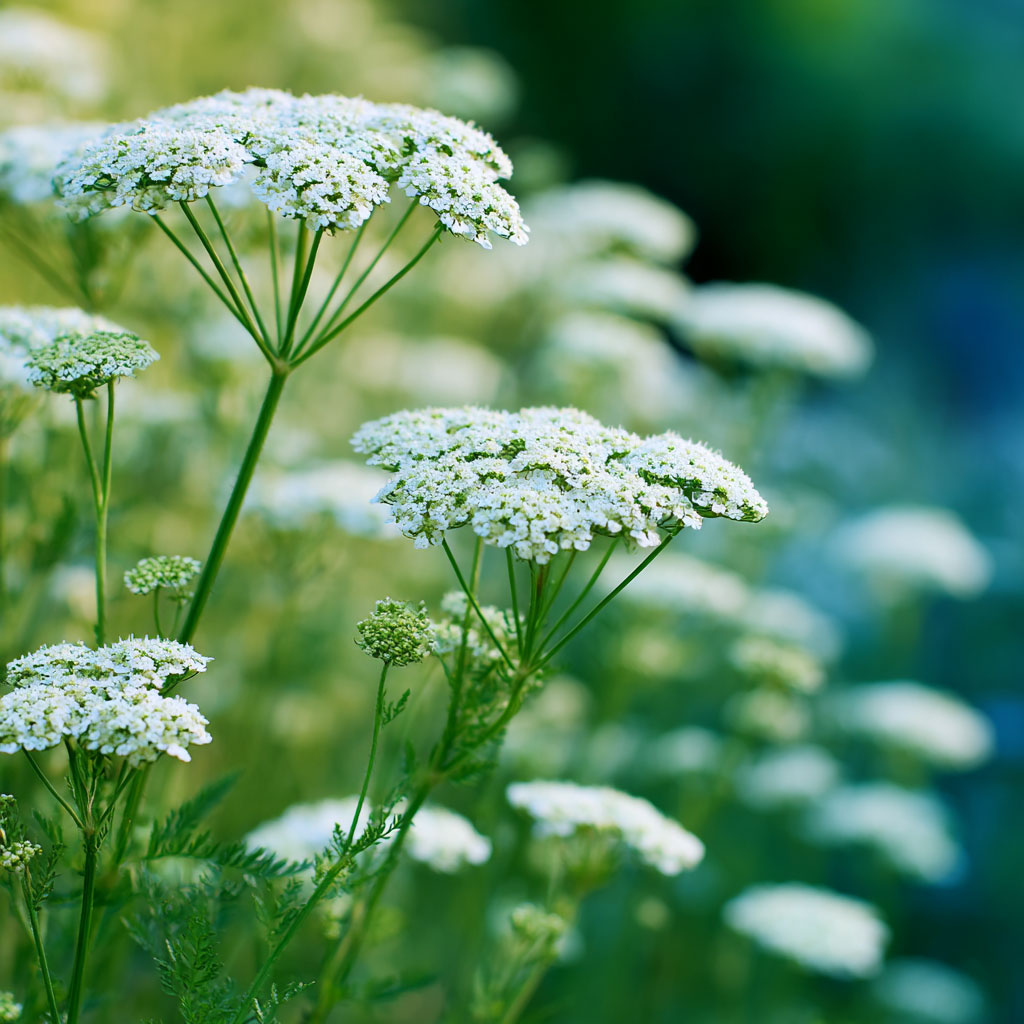
medicinal herb #4
caraway
approx. 200 seeds
Caraway seeds are small but mighty when it comes to digestive health. Known for easing gas, bloating, and stomach cramps, they’re often used after hearty winter stews and breads. Their carminative and antispasmodic qualities make them ideal for soothing an upset stomach. Try caraway tea by steeping crushed seeds in hot water, or sprinkle them into baked goods to naturally support digestion.

medicinal herb #5
sage
approx. 25 seeds
Sage has earned its reputation as one of nature’s most versatile healers. Its antimicrobial and anti-inflammatory properties make it ideal for sore throats, mouth infections, and coughs. A simple sage gargle—made by steeping leaves in hot water—can relieve throat irritation and kill germs. Burn dried sage for its cleansing aroma, or infuse it in honey for a healing cold-season elixir.

medicinal herb #6
chamomile
approx. 100 seeds
Chamomile is the classic herbal remedy for calm and comfort. It eases anxiety, promotes restful sleep, and soothes digestive discomfort. This gentle herb is safe for children and perfect for cozy winter evenings. Steep dried chamomile flowers in hot water to create a fragrant tea, or add them to homemade salves to calm irritated skin and minor burns.
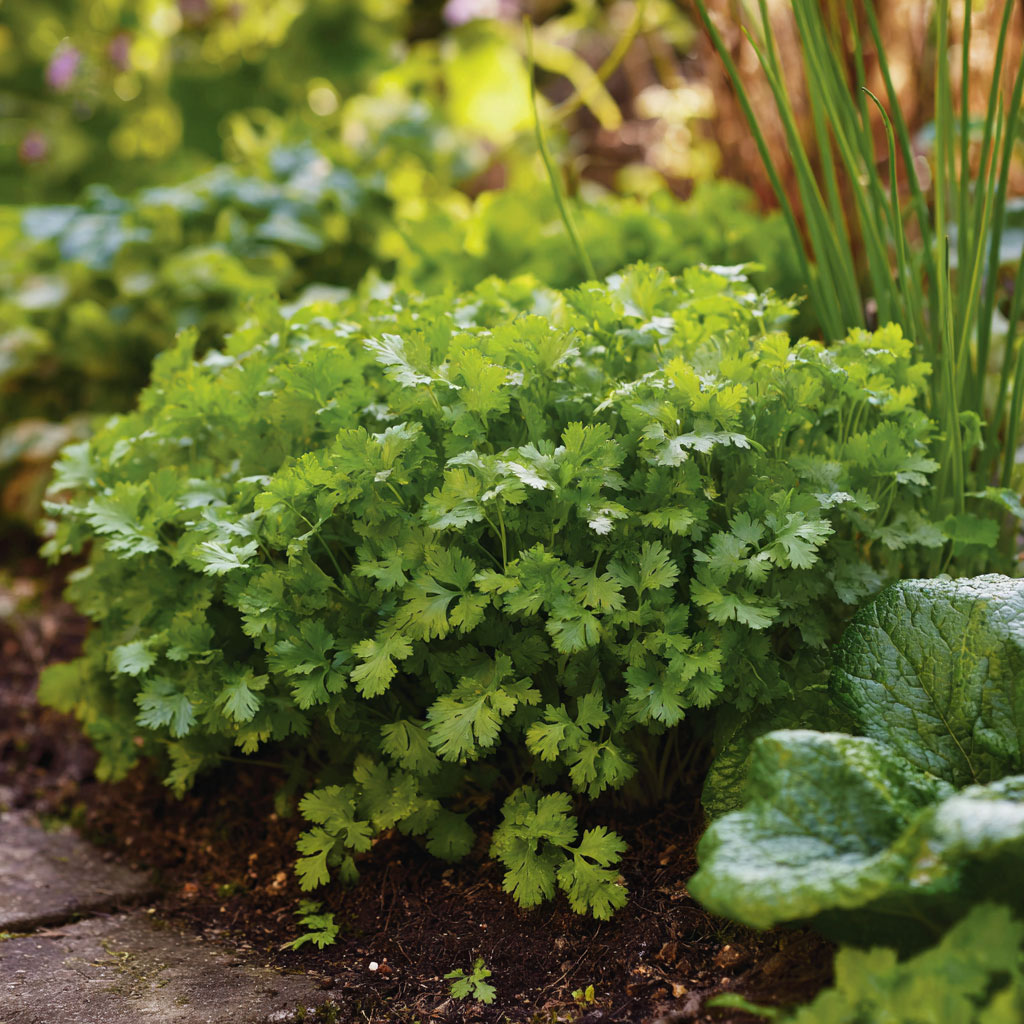
medicinal herb #7
cilantro + coriander
approx. 80 seeds
Cilantro (the leaves) and coriander (the seeds) offer a dual benefit to your herbal apothecary. Cilantro detoxifies the body by binding to heavy metals, while coriander supports digestion and reduces inflammation. Coriander tea helps settle the stomach after rich meals, and cilantro can be used in green tonics for immune support. Together, they make a refreshing duo for internal cleansing during the winter months.
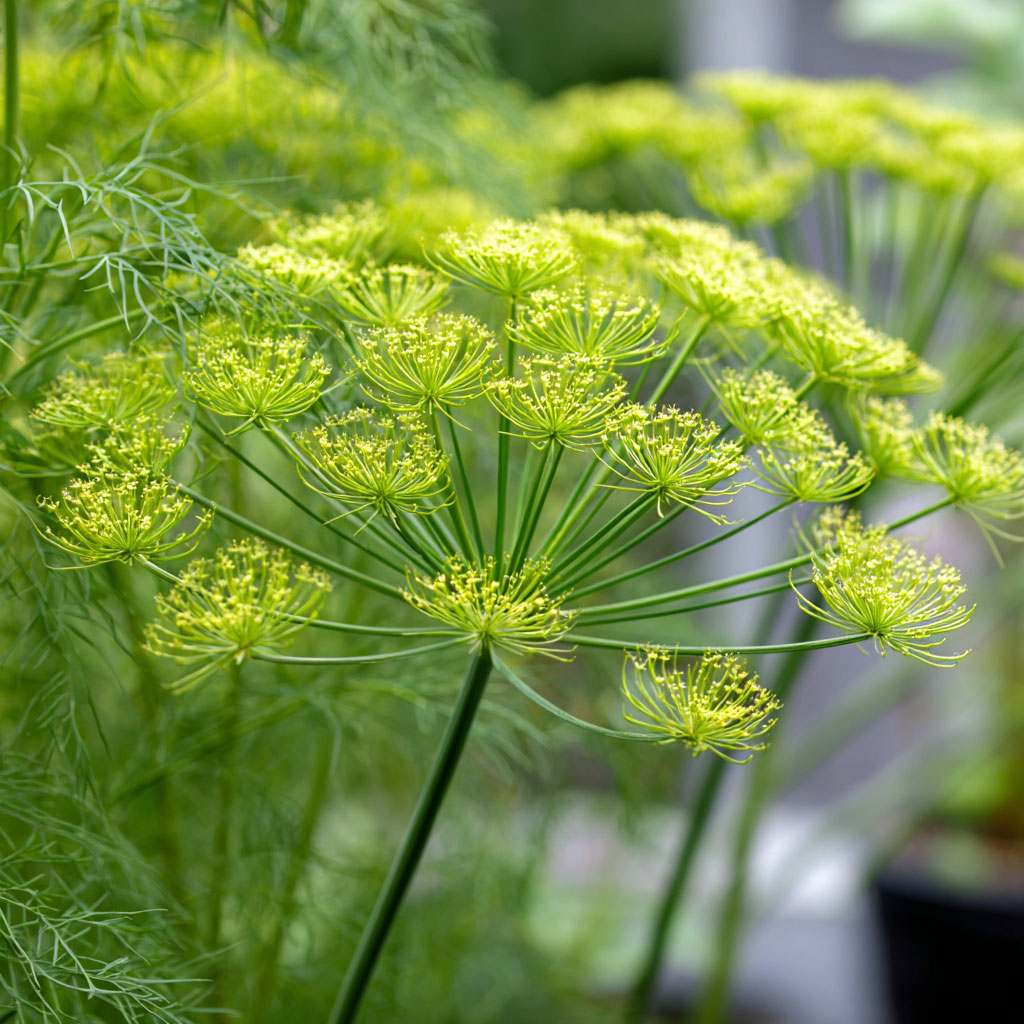
medicinal herb #8
dill
approx. 100 seeds
Dill is a gentle digestive herb perfect for easing indigestion, gas, and hiccups. It’s also been used traditionally to calm colic in infants and promote restful sleep. Dill’s natural antibacterial properties make it helpful for fighting off minor infections. Use the seeds to make a tea or chew a few after meals to freshen breath and aid digestion naturally.

medicinal herb #9
fennel
approx. 100 seeds
Fennel is beloved for its sweet flavor and therapeutic properties. It soothes the digestive tract, eases bloating, and supports lactation for nursing mothers. Fennel tea is also known to relieve menstrual cramps and respiratory congestion. Steep lightly crushed seeds in hot water for a comforting, aromatic tea that aids both the gut and the lungs—perfect for chilly winter days.

medicinal herb #10
hyssop
approx. 40 seeds
Hyssop has long been valued as a lung tonic and cleansing herb. It helps loosen phlegm, ease coughs, and clear congestion during cold and flu season. Its antiviral properties make it a powerful ally for respiratory infections. Brew hyssop leaves into tea with honey and lemon, or add it to steamy baths for a refreshing, sinus-clearing soak.
medicinal herb #11
mint
approx. 100 seeds
Mint brings a burst of freshness and relief to any home apothecary. It’s excellent for digestion, nausea, and sinus congestion. The menthol compounds act as a natural decongestant—opening airways and soothing sore throats. Enjoy mint tea after meals, or add crushed leaves to homemade chest rubs for a gentle, cooling effect. Its uplifting scent also boosts mood on dreary winter days.
medicinal herb #12
rue
approx. 90 seeds
Rue is a potent traditional herb known for its strong aroma and powerful properties. Historically used as an antispasmodic and anti-inflammatory, it helps ease cramps and muscle tension. It also supports circulation and relieves joint pain when used topically in salves or oils. Because rue is potent, it should be used sparingly—just a few leaves steeped into a tea can calm menstrual discomfort and ease stress.
medicinal herb #13
summer savory
approx. 220 seeds
Summer savory is often called the “bean herb” because of its remarkable ability to reduce gas and bloating. It also has antiseptic properties that make it useful in gargles for sore throats. This herb’s peppery flavor adds warmth to both meals and remedies—brew a cup of savory tea after heavy foods, or combine it with thyme and honey for an immune-supporting winter tonic.
medicinal herb #14
wormwood
approx. 350 seeds
Wormwood is a powerful cleansing herb traditionally used to expel intestinal parasites and stimulate digestion. Its bitter compounds help the liver detoxify and boost bile production, making it valuable for sluggish digestion during the winter. Use wormwood cautiously—just a small amount steeped briefly in hot water or taken as a tincture can have a potent effect. It’s best used in short cycles for detox support.
medicinal herb #15
yarrow
approx. 100 seeds
Yarrow is one of the most trusted herbs for wound healing and immune support. It stops minor bleeding, reduces inflammation, and fights infection—making it ideal for homemade salves and poultices. Yarrow tea also helps reduce fever and ease congestion during illness. Keep dried yarrow flowers in your winter apothecary for everything from colds to cuts, a true homestead essential.
winter herbal remedies
herbs for Colds and Coughs
There are lots of herbs (especially in this seed pack) that are great to be used for a winter herbal remedy, but one that stands out and feels like a bit of a secret is Yarrow.
Yarrow is a do-it-all for flu and fever as it is both an anti-inflammatory as well as being antimicrobial. It reduces pain, is an anti-catarrhal, relaxes circulation, and is a mild sedative.
Yarrow can be taken as a tincture in the mornings to prevent sickness, used to clean countertops to prevent the spreading of those winter germs, and can be added to a hot towel and wrapped around your feet to suck out those toxins when you are sick.
Looking to add some of these medicinal herbs to your garden? This herb variety pack has you covered and includes 15 of the most popular medicinal varieties.
winter herbal remedies
The best Winter Herbal Recipes
Fire Cider
Fire cider is a staple herbal remedy to have stocked in your kitchen this winter. This recipe supports your immune system and warms up your circulation. It is a great herbal remedy to prevent sickness and help attack any “tickle” you may feel coming on. In short, Fire Cider is a herbal-infused vinegar that uses common kitchen ingredients and is customizable based on what you may have available on hand.
Some of the most common ingredients in Fire Cider include:
- Horseradish root, which is a herb used in fire cider recipes for its strong and warming action that helps support healthy gut bacteria growth.
- Ginger, used to increase circulation throughout your body, monitors inflammation and stimulates immunity to prevent illness invasion.
- Garlic, turmeric, thyme, lemon, onion, and cayenne are also commonly found, but again this recipe is a “use what you have” recipe that always turns out amazing.
Fire Cider is typically taken by the spoonful on a daily basis, but can be diluted by water to taste. It may take a bit of time to become acquainted to this pungent and powerful herbal remedy. Fire Cider can also be used for sore and aching joints, soaked in a clean cloth and placed on your chest to help alleviate congestion, or added to a bloody mary.
Have you already made your homemade fire cider this season? If so, what did you put in yours? Share your incredibly healing herbal remedy with us on Instagram and tag @homestead.onthehill
Echinacea Tincture
The echinacea plant is also beautiful with bright, vibrant colors; a welcoming sight in any garden. Plus, echinacea has the added bonus of medicinal healing properties that make it a great winter cold remedy. Check out this article we wrote stating the different ways to use echinacea medicinally; tinctures, teas, etc.
Have you already made your homemade fire cider this season? If so, what did you put in yours? Share your incredibly healing herbal remedy with us on Instagram and tag @homestead.onthehill
winter herbal remedies
Herbal Winter Tea to Have on Hand for Cold and Flu Season
A nice hot cup of tea is the perfect remedy when you just can’t get warm, you’re fighting a winter cold, you’ve been outside working in the frigid air, or you are looking to settle down after a day of chasing a two year old around :).
Herbal tea, also know as tisanes, are drinks made from steeping herbs, flowers, spices, or dried fruit in water. Fun fact, they are all caffeine-free (I see you pregnant mamas), except for Yerba Mate, because they do not come from a tea plant. Below are some recipes for different tea mixtures that use the medicinal herbs we have highlighted above.
Chamomile Tea Latte
Of course you know chamomile is great as a sleeping remedy and a sore throat or cold remedy, so it is no surprise that it is first on this list. But how fun to mix it up and make it into a tea latte.
A tea latte is defined as a tea mixed with steamed milk. Check out the recipe below to see how Oh How Civilized makes this delicious chamomile winter tea.
2 cups milk (any kind)
2 tablespoons chamomile tea (or 2 chamomile tea sachets)
5 cloves, crushed
2 teaspoons vanilla extract
1 cinnamon stick
ground cinnamon for garnish
- Heat milk, chamomile tea, cloves, and cinnamon stick in a saucepan.
- Simmer on low heat for 5 minutes.
- Strain chamomile tea latte into a French press. Add vanilla extract.
- Close French press lid and pump the plunger.
- Pump until it doubles on volume, which should take just a few pumps.
- Pour chamomile tea latte into 2 mugs and garnish with ground cinnamon.
Have you already made your homemade fire cider this season? If so, what did you put in yours? Share your incredibly healing herbal remedy with us on Instagram and tag @homestead.onthehill
When Mint Meets Lemon:
Herbal Tea Recipe
Mint and lemon are a natural match; for teas, cocktails, kombucha, etc.. This extremely simple recipe combines freshly dried mint, dried lemon balm, and a dried lemongrass to make a refreshing hot tea. As an added bonus, mint leaves also help relieve indigestion and are rich in phosphorus, calcium and vitamins like C, D, E and A which improve the body’s immune system.
- 1/2 cup dried mint
- 1/2 cup dried lemon balm
- 1/2 cup dried lemongrass
Have you already made your homemade fire cider this season? If so, what did you put in yours? Share your incredibly healing herbal remedy with us on Instagram and tag @homestead.onthehill
Let’s connect! Follow along on Instagram, Facebook, and Pinterest. If you make this recipe, I’d love to see! Tag your instagram versions with @homestead.onthehill and #homesteadonthehill.
